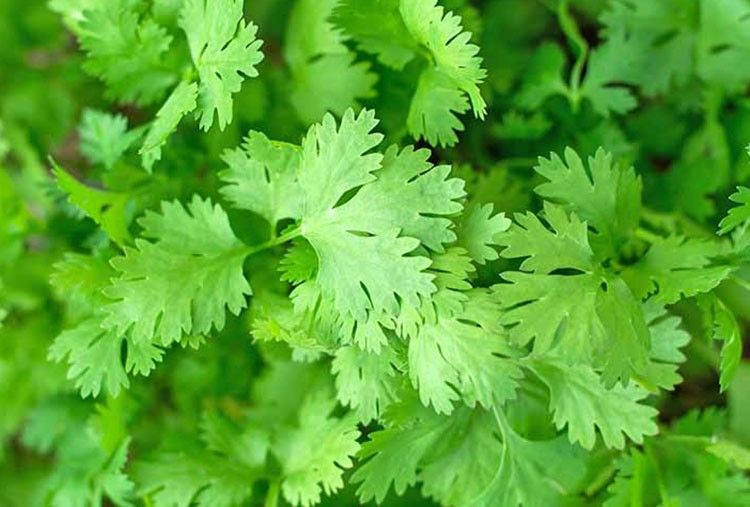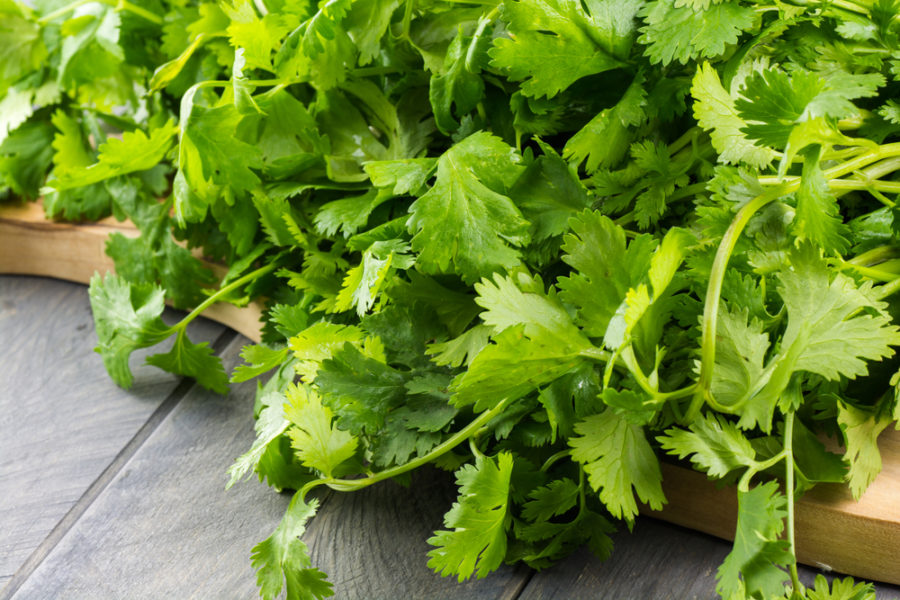3 Health Benefits of Cilantro, According to a Nutritionist–
Cilantro is a good-for-you herb that offers important nutrients like vitamins A, K, and C as well as heart-healthy antioxidants.
The following written content by Cynthia Sass, MPH, RD

Cilantro—aka the leaves of the coriander plant—is a bright green herb commonly used in Mexican, Asian, and Middle Eastern cooking, as well as other cuisines around the globe. Apart from its somewhat citrusy, peppery flavor (to most people, anyway), cilantro is added to dishes for its potential health perks. Here’s the lowdown on cilantro’sbenefits, plus how to eat it and why some people simply cannot bear the way it tastes.
Cilantro benefits
There is little research into the health benefits of cilantro. However, research indicates this leafy garnish has a few potential perks.
1. Cilantro is a good source of nutrients
In addition to color and flavor, cilantro adds nutrition to your plate. A quarter cup of raw cilantro leaves (about the size of a golf ball) provides 16% of the daily value (DV) of vitamin K, which supports bone health and helps wounds heal. It also offers 5% DV of vitamin A and 2% DV of vitamin C—two vitamins responsible for immune function. Plus, said serving size adds less than one calorie to your meal.
2. Cilantro contains antioxidants
Beyond its vitamin value, cilantro also offers up important compounds called antioxidants, according to a 2022 review published in the journal Molecules. While cilantro has many types of antioxidants, one class, known as polyphenols, is particularly important. Why? Polyphenols reduce inflammation and prevent cell damage that may have otherwise contributed to premature aging and heightened disease risk.
3. Cilantro may help cardiovascular health
Traditional medicine has long used parts of the coriander plant (including cilantro leaves) to treat pain, inflammation, gastrointestinal problems, and diabetes. While most of the medicinal properties of the plant have yet to be studied, the same 2022 review published in Molecules found the herb may have cardiovascular benefits, such as regulating blood pressure and heart rhythm. The researchers theorize that this is due to cilantro’s high antioxidant content.
However, of the 18 studies the review assessed, only two were conducted in humans. Therefore, you shouldn’t expect munching on cilantro to ease any cardiovascular issues; a lot more research needs to be done.
Potential drawbacks of cilantro
In general, cilantro has few downsides, especially when it comes to nutrition content. However, a few people may want to avoid cilantro. For example, up to 14% of the population has a genetic variant that makes them highly sensitive to the smell of a compound in cilantro called aldehydes. Since smell and taste are so closely linked, this can make the fresh, citrus-esque herb taste like soap or dirt instead.
Additionally, because cilantro is often consumed raw, it poses the risk of being contaminated with bacteria that would have otherwise been killed via cooking. Between 1998 and 2017, at least 20 cilantro-associated foodborne outbreaks were reported to the Centers for Disease Control and Prevention. This led to 659 illnesses and 67 hospitalizations, according to Colorado State University’s Food Source Information site. If you’re at a higher risk of developing a more serious illness due to foodborne bacteria—for example, you’re pregnant, over 65, or have a pre-existing medical condition—you should talk to your healthcare provider about whether you should only consume cooked cilantro when cooked. Read more from Health.
Subscribe here





